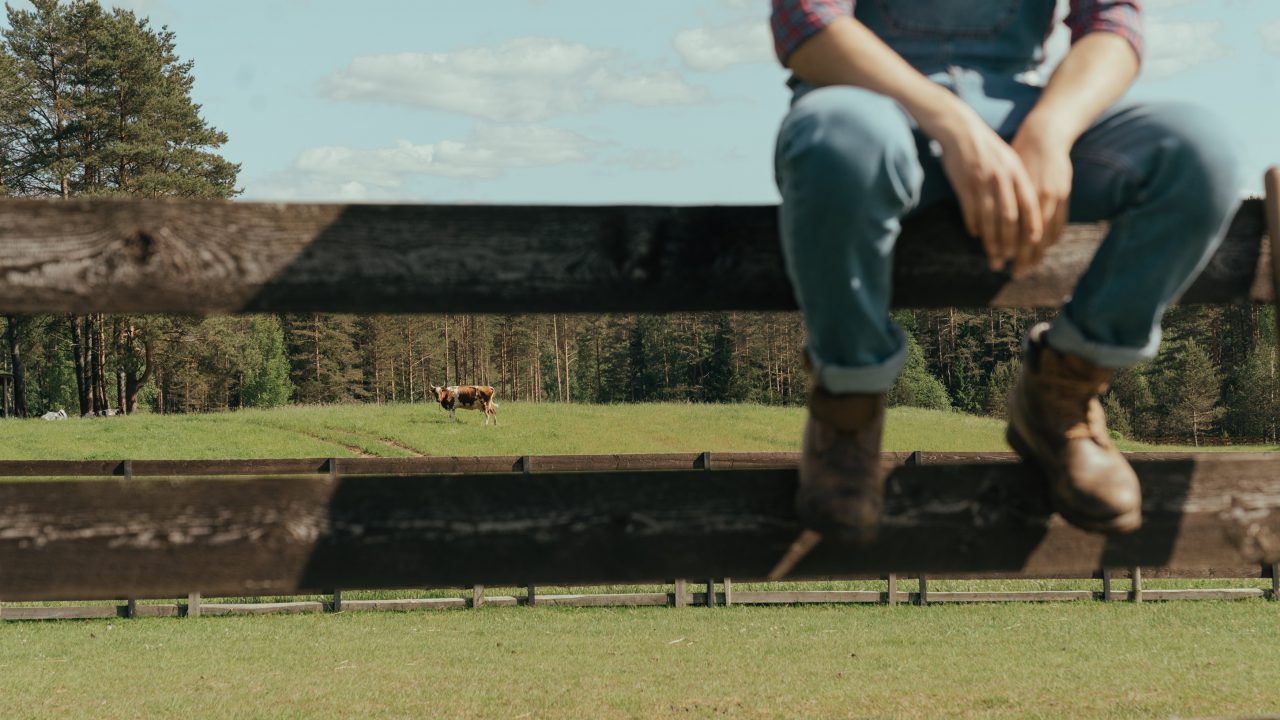The European Parliament has called on the EU to increase its funding for young farmers by €40 million for 2024, over and above what is currently proposed for next year.
The draft EU budget for next year, published during the summer by the European Commission, allocates around €650 million to EU young farmers in 2024.
In its official position on this draft budget, the European Parliament has called on the commission to increase the allocation to young farmers by €40 million for next year.
The parliament adopted its position on the 2024 budget on Wednesday (October 18).
The parliament’s position document on the draft 2024 budget says: “[The parliament] reiterates its concern about the negative impact of Russia’s war of aggression against Ukraine on global food security, affordability and supply chains, and on the European agricultural sector and farmers’ ability to withstand inflationary pressure and increased input prices.”
The document adds: “[The parliament] calls on the commission to analyse the war’s consequences on farmers and on food production…[and] emphasises the need to help new and young farmers through additional support mechanisms…[and] proposes, therefore, to increase income support to young farmers by €40 million above [the draft budget].”
In related news, the parliament yesterday (Thursday, October 19) adopted a report from the parliament’s agriculture committee that seeks to ensure generational renewal on EU farms and to remove barriers to new entrant and young farmers.
The resolution on “generational renewal in the EU farms of the future” was adopted by 447 votes to 14, and 7 abstentions, and warns that demographic decline is more pronounced in rural populations and farmers then in other parts of society.
MEPs therefore are calling for public policies creating “fair and dignified income and a quality of life” for farmers and their families to encourage generational renewal on EU farms.
Both the call for increased funding for young farmers and the adoption of the report on generational renewal were welcomed by Ireland South MEP Seán Kelly, who described these developments as “a move in the right direction to incentivise young people to get into farming”.
“I’m very concerned about, number one, the raft of legislation that [farmers] are expected to comply with, and also, they’re worried that their sons or daughters are not going to follow on their footsteps and the farm might fall out of the family farm’s ownership in due course into the hands of those, maybe, who have no interest in the land.
“The problem is they feel under attack. Morale rather than profitability is the problem. We see it in Ireland, with the Citizens’ Assembly, with environmental agencies all blaming farmers for this, that and the other and giving no credit for what they are doing,” Kelly added.
The Fine Gael MEP said: “[Farmers] are doing an enormous amount to reduce emissions and are also doing a lot to improve biodiversity. And they will do more, but they need to be given credit for it. If they are given that credit, young people will be encouraged to go into farming…but they need positive feedback and it has to start now.”
